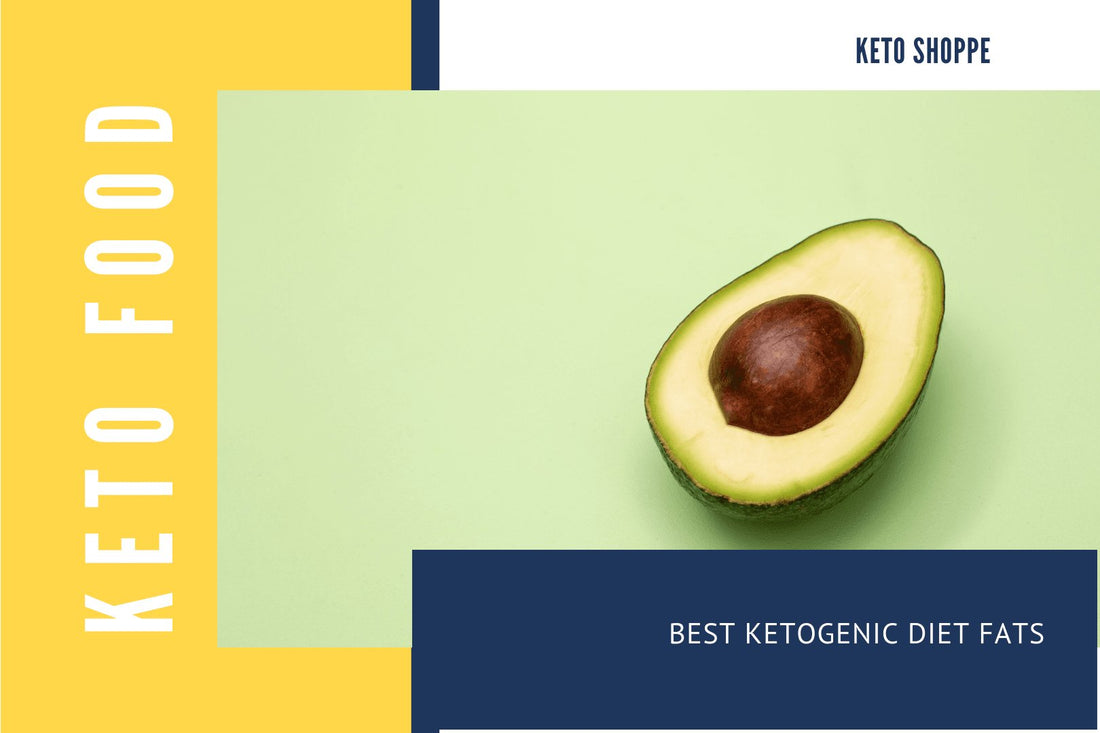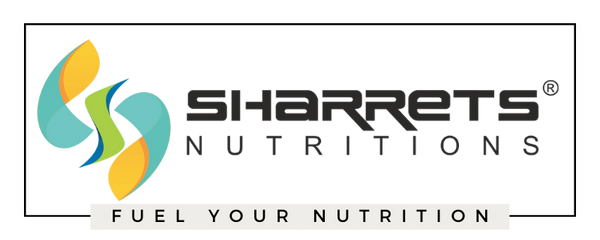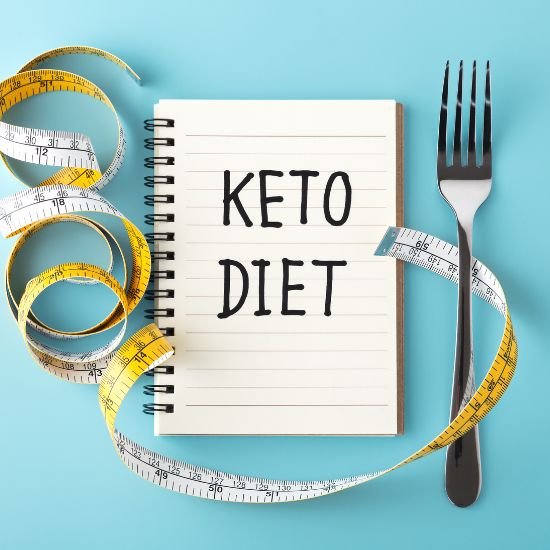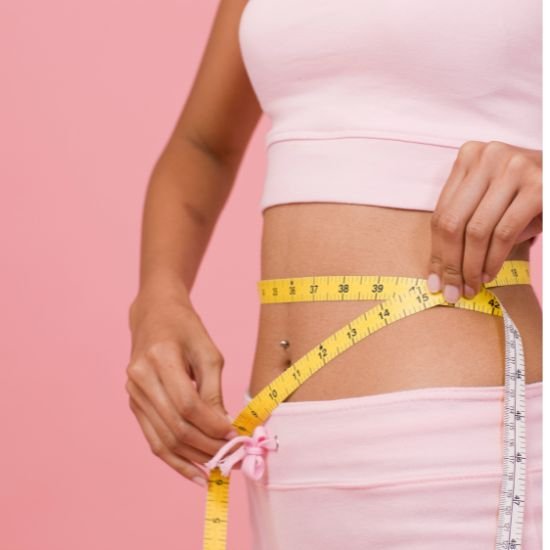
Best Keto diet foods I What to Eat and to Avoid ?
Share
Best Ketogenic diet Fats , best keto diet foods , best foods on keto diet , best foods on ketogenic diet.
Getting started on the keto diet can be incredibly intimidating. Not only does it require meticulous meal planning and careful carb counting to help reach ketosis, but you also need to be sure to include a good amount of keto fats in your diet as well.
Determining which are the best fats for keto and how much to include can be a daunting challenge in and of itself. So which foods should you be including on your keto diet menu and which should you avoid altogether? Let’s take a closer look at a few of the ingredients that should be a staple on your keto diet food list.
Questions About Keto Fats
Knowing which fats to eat on keto and how much you need to reach and stay in ketosis can be difficult. However, with a bit of knowledge about the keto diet food list and some proper planning under your belt, going keto can be a breeze. Here are the answers to a few of the most common questions on keto healthy fats :
How much fat should I eat on a keto diet ?
On a traditional ketogenic diet, about 75% of total calories should come from fat with approximately 5% from carbs and 20% from protein. However, for most people, a modified keto diet can work just as well and is much more flexible and easy to follow. On a modified keto diet, about 40–60 % of calories should come from fat with 20–30 % from protein and 15–25 % from carbs.
Can I eat too much fat on keto diet?
While following a ketogenic diet does require you to ramp up your fat intake, it is definitely possible to overdo it. Fat contains more calories than protein or carbs, so eating more than you need can increase your risk of weight gain. Not only that, but eating too much fat means you’ll likely be consuming less protein and fiber , which are two key nutrients that your body needs for everything from digestive health to tissue repair, immune function and beyond.
What happens if you don’t eat enough fat on keto?
Not meeting your goals for fat intake from time to time is unlikely to have much of an effect on your diet or your body’s ability to stay in ketosis , as long as you’re still cutting carbs and getting enough protein each day. However, consistently not getting enough healthy fats on keto can start to seriously slow your progress over time. This is because fat is very satiating and can help keep you feeling full to curb cravings and hunger. Not eating enough fats can also decrease your total energy intake, making it more difficult to provide your body with the energy that it needs to function and thrive.
How do you get fat on keto?
Just as important as getting the right amount of fat in your diet is ensuring that it’s coming from nutrient-rich sources. Be sure to get your healthy fats for keto from minimally processed, whole food sources as part of a well-rounded, healthy diet. Try drizzling fats & oils over roasted vegetables or salads, adding healthy keto fats to your morning cup of coffee or incorporating high-fat foods into your main meals a few times every week.
What are good fats for ketosis?
So what are some good fats for keto that you should consider adding to your daily diet? Keep reading for a few of the top picks to help you stay in ketosis.
Best Healthy Fats for Keto
1. Coconut Oil
Coconut oil tops the keto fats list thanks to its content of medium-chain fatty acids, which are easy to digest and able to supply the cells with a quick boost of energy. Not only that, but this healthy fat and its components have also been shown to bump up brain function, relieve inflammation and decrease hunger in both animal models and human studies alike.
2. Extra-Virgin Olive Oil

Rich in monounsaturated fats, olive oil consumption has been linked to improved heart health thanks to its ability to fight free radicals, reduce inflammation and lower blood pressure. Plus, according to animal and in vitro studies, certain compounds found in olive oil can also decrease plaque build-up in the brain to prevent Alzheimer’s disease while also blocking the growth of cancer cells in the body.
3. Grass-Fed Butter
Although butter has long been villified as an unhealthy, artery-clogging ingredient, more and more research is beginning to prove just the opposite. Grass fed butter , in particular, is loaded with conjugated-linoleic acid, a compound that has been shown to help boost fat-burning and aid in weight loss. Butter is also rich in several micronutrients and beneficial fatty acids, including butyrate and arachidonic acid.
4. Avocado

Avocados are a great source of healthy fats, packing around 21g of total fat into 1 single cup. However, their fat content is just one component to consider when it comes to their stellar nutrient profile . In fact, this superstar ingredient also contains a good amount of vitamin C, fiber , vitamin k , potassium, folate and pantothenic acid as well.
5. Salmon

Salmon and other fatty fish varieties such as sardines, anchovies and tuna are a great source of omega-3 fatty acids, which is an anti-inflammatory fat that has been associated with a long list of benefits. Specifically, getting enough omega-3s in your diet has been shown to play an integral role in healthy aging, heart health, fetal development and dementia.
6. MCT Oil

MCTs, or “medium-chain triglycerides” are a type of fat that are often lacking in the modern diet. But while foods like coconut oil, palm oil and full-fat dairy can supply a hearty dose of these essential fatty acids, a more concentrated form of MCT oil is also available as a supplement . MCT oil may help speed up metabolism, increase satiety and enhance weight loss to keep you looking trim.
7. Ghee
Ghee is a fat that is produced by heating butter to remove the milk solids and water, resulting in a final product with a nuttier flavor and higher smoke point. In addition to being free of lactose and casein, ghee is high in many key fat-soluble vitamins as well as butyrate, a short-chain fatty acid involved in gut health. Studies also also show that butyrate can reduce inflammation and improve insulin sensitivity to support better health.
Worst Fats for Keto
Although there are plenty of keto good fats to choose from, not all fats are created equal. In fact, some types of fat can actually clog your arteries and crank up your risk of heart disease while bringing little to the plate apart from extra calories. Trans fats , in particular, are a form of hydrogenated fat that have been tied to a slew of adverse side effects, especially when it comes to heart health. This sneaky type of fat is most commonly found in processed foods , so steer clear of unhealthy, high-fat foods such as:
-
Pre-packaged cakes, cookies and pies
-
Microwave popcorn
-
Biscuits
-
Frosting
-
Crackers
-
Cream-filled candies
-
Margarine
-
Frozen dinners
-
Donuts
-
Fried foods
-
Shortening
-
French fries
-
Ice cream
-
Dairy-free coffee creamers
-
Pudding
Final Thoughts
-
Knowing which keto fats to eat and how much can be challenging, but it’s totally manageable with proper planning and preparation.
-
Ideally, aim for healthy keto diet fats to make up at least 40–60 % of total calories, with protein and carbs comprising 20–30% and 15–25 % , respectively.
-
Additionally, steer clear of trans fats from processed foods such as baked goods, convenience meals, fried foods and margarine.
-
Instead, include a few of the top good fats for keto diet, such coconut oil, extra-virgin olive oil, grass-fed butter, avocado, salmon, MCT oil and ghee.
















